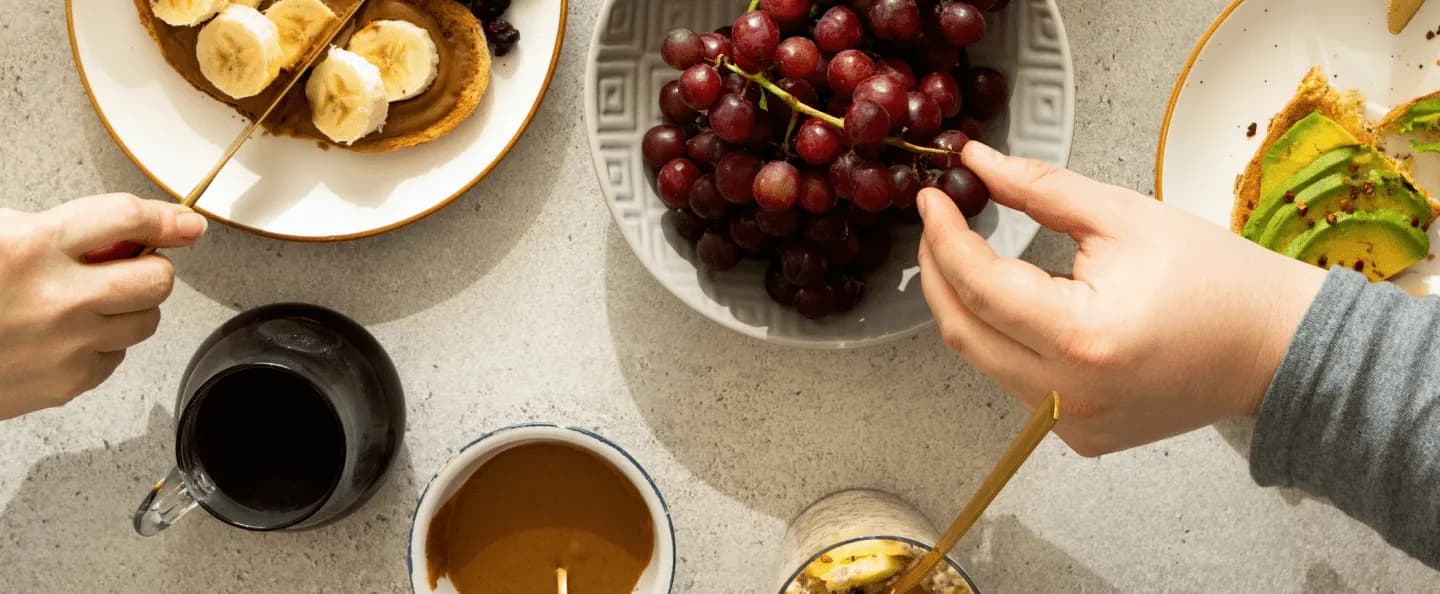Delist Your Love Life
There is a common myth frequently harbored by those seeking love: it’s dangerous, it’s misleading, and it masquerades itself as discernment.
This article is for every one of you who’ve declared: “I know what I want.”
Well…no, you don’t.
You might know who you’re voting for the next election, how you act when you’re depressed, and how you feel about tuna casserole. But I would like to remind you that you are a complicated constellation of thousands of experiences, painful and pleasurable, virtuous and vile. There are a million paths, with twice as many wrong turns, to getting to your heart and staying there. And the real kicker: the roads are always changing. Even if you know what you want today in love, to assume it’s stationary is just not giving yourself enough credit. You’re a human. You’re gonna change.
But let’s assume that you are the most self-aware person on earth. You have had decades of therapy, you wake up every morning content, and your chakras are either perfectly aligned or you have an eloquent and convincing theory as to why chakras are b*******. You know what you’ve been through, you know where you’re going, you’ve cataloged every obstacle, and you know exactly what kind of partner you need to get you to where you want to be.
There are some people out there who are this self-aware, and I un-sarcastically applaud you. However, there still comes an issue when it’s time to “pick out” your partner.
When we declare a hard set of rules, expectations or criteria we want out of our partner, not only do we make it harder for ourselves to find love, we are building a relationship on the premise that both our desires and their personality will be frozen in time. This is a guarantee of heartbreak down the line. It ignores the fact that humans are malleable; the vast majority of us will not be the same person several years from now that we are today.
What’s more, it’s insulting to others when you compare every person who catches your eye to a pre-determined “list”which doesn’t allow them to be a person separate from your fictional framework. In the play of your life, you are casting to fill a pre-written role, rather than allowing someone to help you write the story.
So, I invite you to throw your list of “perfect traits” out the window. Accept that you’re a changing, growing, living being, and that your partner will be the same.
I can hear critics volleying cries at me, “I’m holding out for what I want,” “I refuse to settle,” and “I’ve worked hard to discover what works for me and what doesn’t.” Good. Hold out. Don’t settle. Respect the lessons you’ve learned. However, I feel like too often we are confusing self-love with having unreasonable expectations for our partners. Being picky about your lover doesn’t make you a better person any more than being a picky eater makes you a good cook.
So, let’s talk for a moment about the difference between self-love, and forcing someone else into a proverbial box.
Self-love is critical, and you will never hear a stronger advocate for it than me. However, I would also argue that self-love requires allowing yourself to change. When you accept that your partner will change, you recognize this ability and right in them as well. It’s the ultimate sign of respect; it’s the source of unconditional love.
Letting go of your expectations requires vulnerability, which is the true source of bond-building. It also requires patience, forgiveness, and, perhaps, a closer examination of why we love someone in particular, or why we love at all. All of these things lead to a stronger connection with someone.
(On the flip side, if you find yourself giving all the forgiveness and patience while you’re being forced into someone else’s pre-determined ideal “lover” role, maybe it’s a good time to think about changing studios).
So the next time you find yourself dreaming up the ideal man or woman, consider turning that reflection on yourself. Never stop growing, never stop loving yourself, and never expect your partner to do anything but the same.
If you’re going to hold out, hold out for someone who will grow and change with you. No one likes having their heart stuck in a box.
Pick the love lock,
Diana
Author of Heartalytics Series–
The Love Gates
Art: Anyone’s Ghost by Grace Easton.

